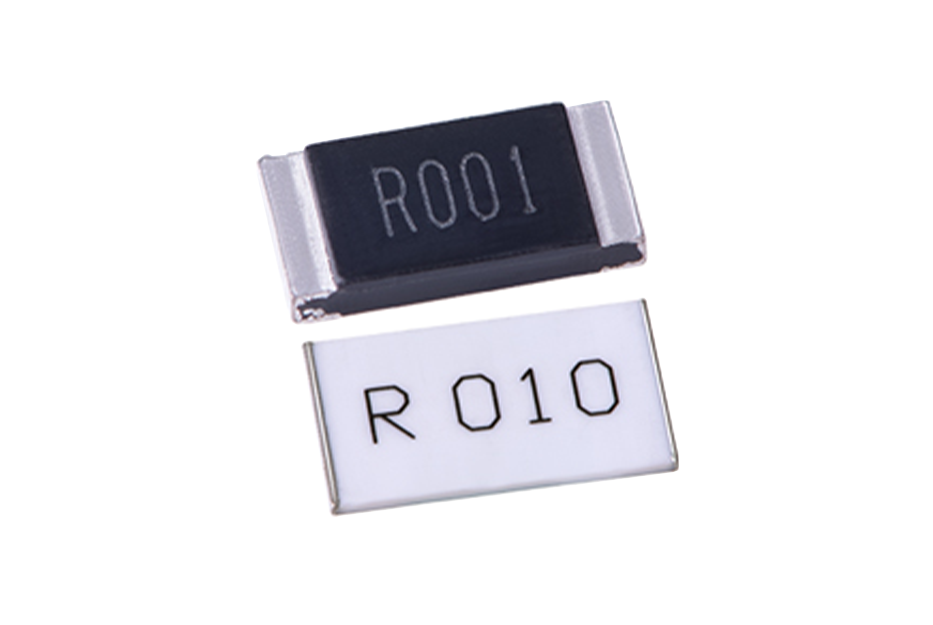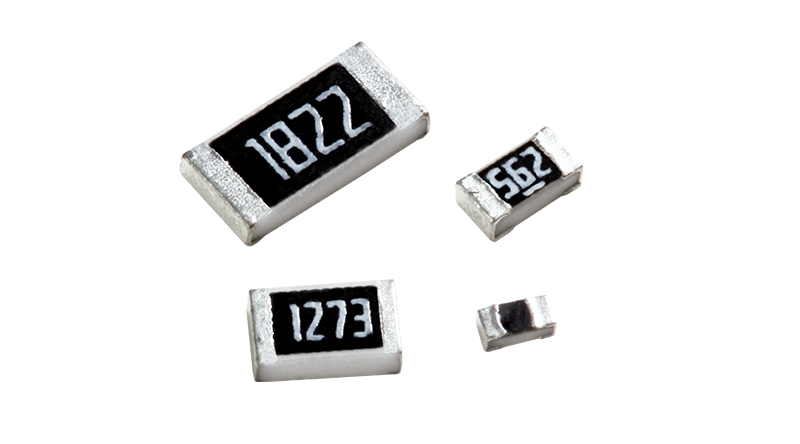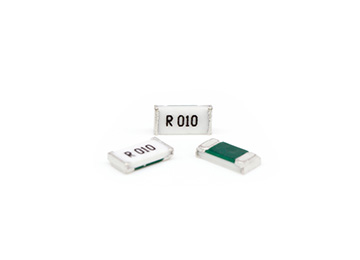hnstshop.com/product-list/R09-p1-l10.html" target="_blank">Alloy resistors are a common electronic component used to limit the flow of current through the portion of a circuit. Iron chromium aluminum alloy, as a material for alloy resistors, is widely chosen and applied because it has various advantages and characteristics, suitable for various circuits and applications.
Firstly, iron chromium aluminum alloy has a high electrical resistivity. Electrical resistivity is the resistance of a material to the flow of current. Iron chromium aluminum alloys have a relatively high electrical resistivity, which allows alloy resistance to generate greater resistance in circuits, thereby achieving precise control of current. This is very important for applications that require precise control of current magnitude, such as precision instruments, electronic devices, etc.
Secondly, iron chromium aluminum alloy has a good temperature coefficient. The temperature coefficient is the degree to which the resistance of a material changes with temperature. The smaller temperature coefficient of iron chromium aluminum alloy means that its resistance change is relatively small. This enables the alloy resistor to maintain a stable resistance value in different temperature environments, improving the reliability and accuracy of the circuit.
In addition, iron chromium aluminum alloy also has good high-temperature resistance performance. Alloy resistors generate heat during operation. If the material's high-temperature resistance is not good, it is easy to cause the resistor to overheat and even damage other components. And iron chromium aluminum alloy has a high melting point and thermal stability, which can work in high temperature environments and maintain good electrical performance.
In addition, iron chromium aluminum alloys also have lower temperature drift characteristics. Temperature drift refers to the instability of material resistance that occurs with temperature changes. The temperature drift of iron chromium aluminum alloy is small, and it can maintain a relatively stable resistance value at different temperatures. This is very important for applications that require high resistance accuracy, such as precision measurement, automatic control systems, etc.
Finally, iron chromium aluminum alloy also has good corrosion resistance. Electronic devices often face various corrosive environments, such as humidity, acidity, alkalinity, etc. If materials are prone to corrosion, it can lead to a decrease in the electrical performance of resistors and affect the normal operation of circuits. Iron chromium aluminum alloy has good corrosion resistance and can maintain good resistance stability in harsh environments.
In summary, choosing iron chromium aluminum alloy as the material for alloy resistance has various advantages and characteristics. Its high resistivity, good temperature coefficient, high temperature resistance, low temperature drift characteristics, and good corrosion resistance enable alloy resistors to play a stable and reliable role in various circuits and applications. Therefore, iron chromium aluminum alloy is one of the preferred materials for alloy resistance.



